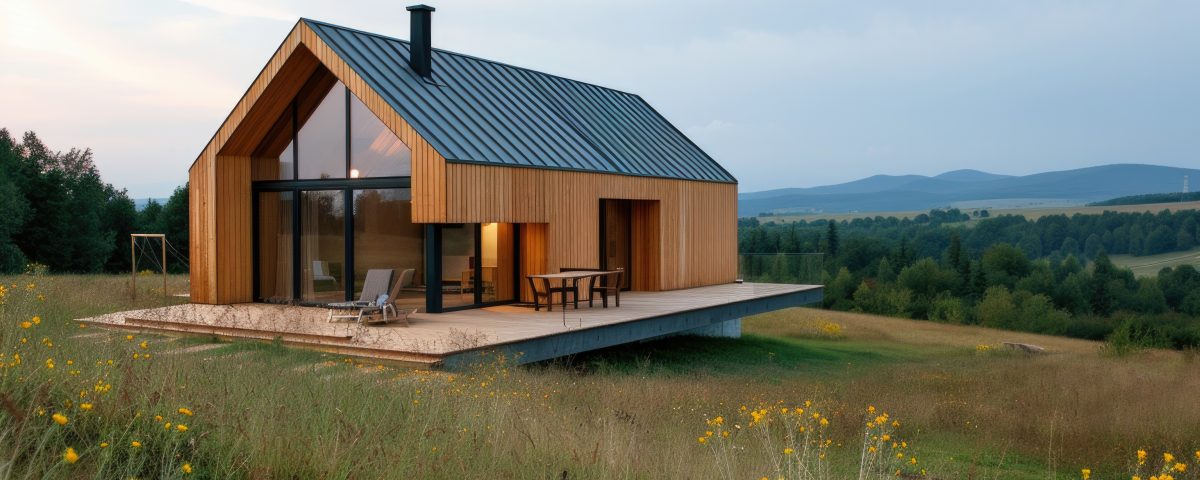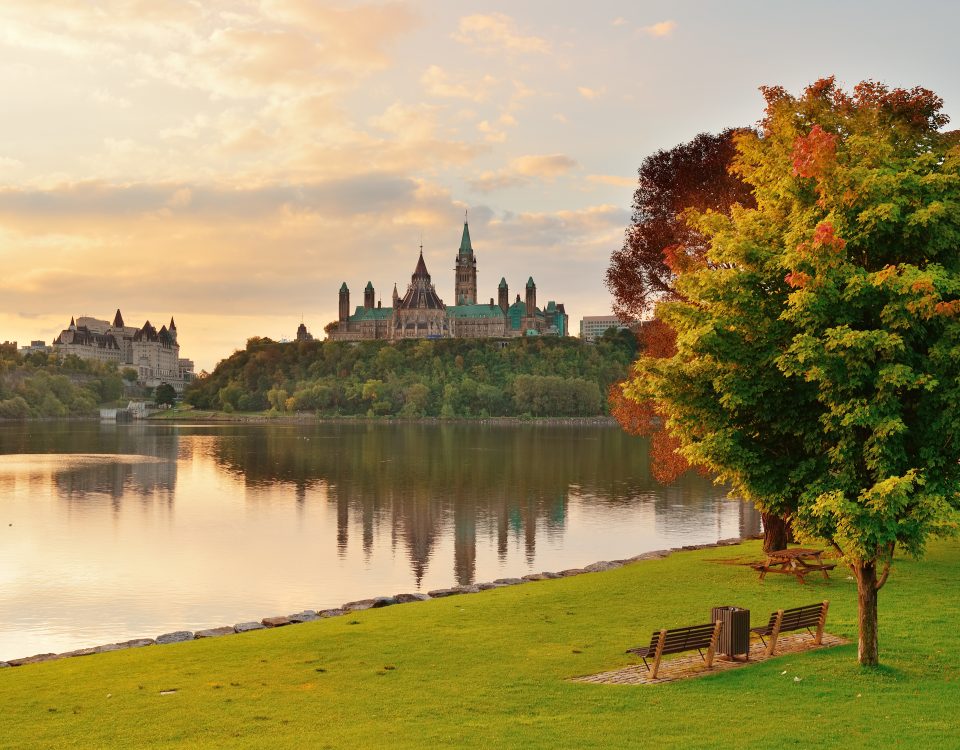Off-Grid Living

Backyard Thermal Cycle
March 1, 2025
2025 Home Trends
March 1, 2025Sustainable Homes & Off-Grid Living
Why More Homeowners Are Going Off-Grid
With rising energy costs, climate concerns, and a growing interest in self-sufficiency, more homeowners in the Ottawa area are exploring sustainable living and off-grid options. From solar panels and rainwater collection systems to full off-grid tiny homes, sustainable living is becoming a sought-after feature in the local real estate market.
What is Off-Grid Living?
Off-grid living means reducing or eliminating reliance on municipal utilities such as electricity, water, and sewage. Some homeowners go fully off-grid, while others adopt hybrid solutions to lower their environmental footprint while maintaining modern conveniences.
Key Features of a Sustainable, Off-Grid Home
If you’re considering making your home more sustainable or entirely off-grid, here are the top features to focus on:
1. Solar Power & Renewable Energy ☀️
Ottawa receives plenty of sunshine throughout the year, making solar power a viable option for energy independence.
Grid-Tied Solar Systems – Ideal for reducing energy bills while staying connected to hydro.
Off-Grid Solar Systems – Requires battery storage for night-time and cloudy days.
Wind & Hydro Energy – For properties outside Ottawa with access to wind or running water.
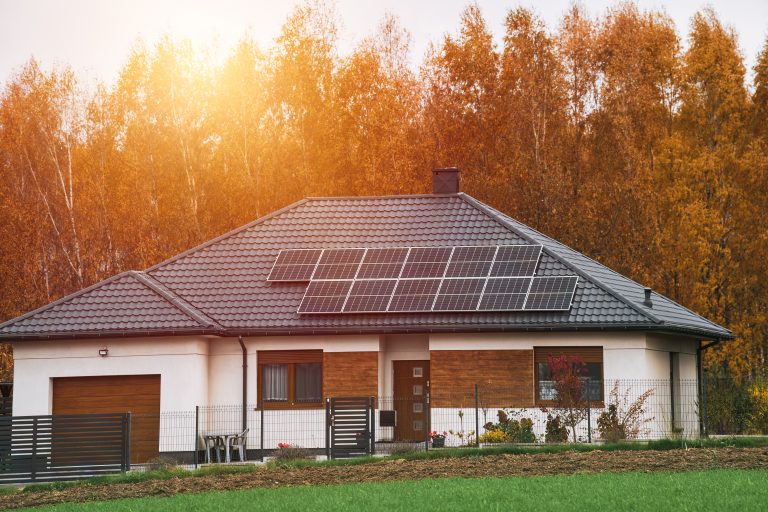
2. Efficient Heating & Cooling Systems ❄️🔥
Ontario winters demand effective heating solutions. Sustainable homes often use:
Geothermal Heating – Utilizes the earth’s stable temperatures to heat and cool homes.
Masonry or Wood-Burning Stoves – Can be a primary heat source in off-grid homes.
Passive Solar Design – Windows and insulation are strategically placed to maximize warmth in winter and cooling in summer.
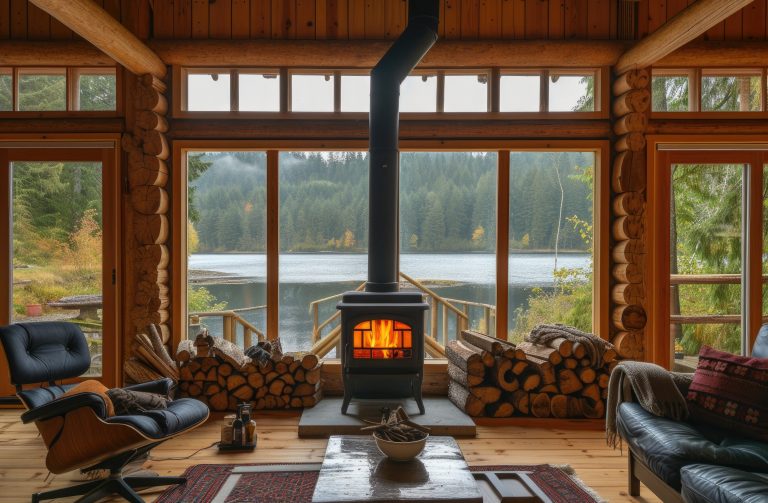
3. Rainwater Collection & Water Filtration 💧
Clean water is essential for off-grid living. Many homeowners install:
Rainwater Collection Systems – Gutters and tanks to store water for household use.
Well Water with Filtration – A common option in rural areas around Ottawa.
Greywater Recycling – Reusing water from sinks and showers for irrigation.
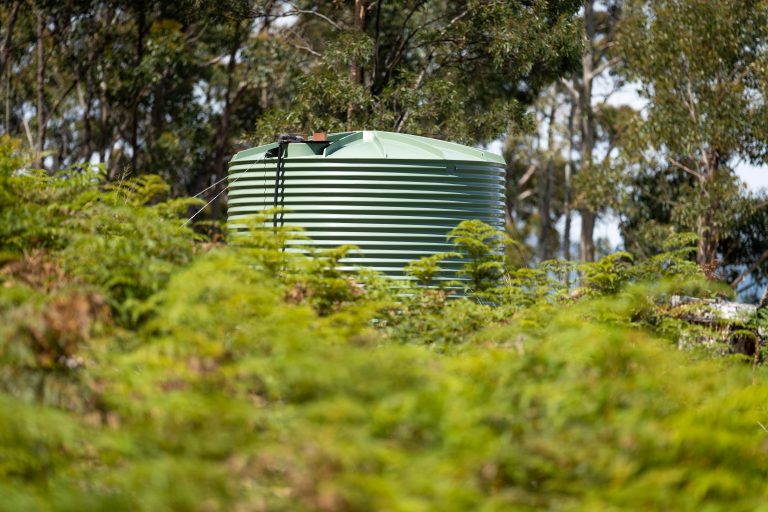
4. Composting Toilets & Septic Solutions 🚽
Municipal sewage isn’t available in off-grid setups, so alternatives include:
Composting Toilets – Breaks down waste naturally with little to no water.
Septic Systems – A self-contained sewage system for homes without city connections.

5. Smart Home Technology for Energy Management ⚡️
Living off-grid doesn’t mean sacrificing modern conveniences. Smart home tech can help manage energy use efficiently:
Battery Monitoring Systems – Track solar storage and optimize energy usage.
Smart Thermostats – Help maintain energy-efficient temperatures.
Remote-Controlled Generators – Ensure backup power when needed.
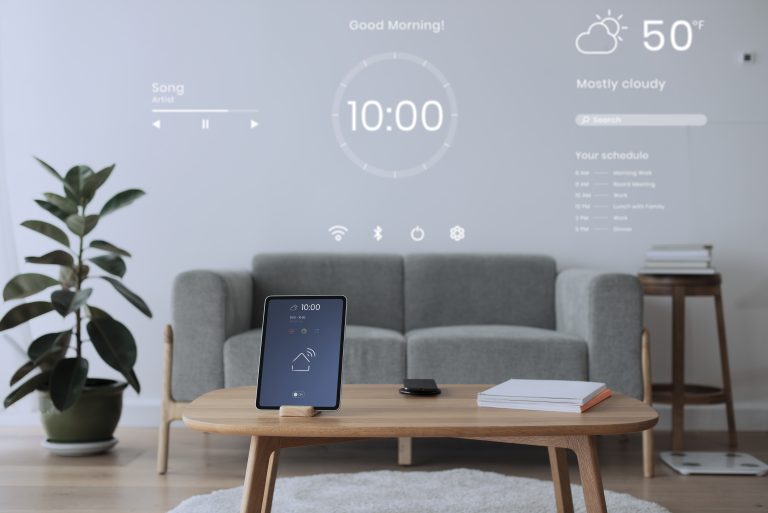
6. Sustainable Building Materials 🏡
Eco-conscious homeowners in Ottawa are turning to:
Reclaimed Wood & Recycled Materials – Lower environmental impact while maintaining aesthetics.
Straw Bale & Rammed Earth Construction – Natural insulation for year-round comfort.
Green Roofs & Living Walls – Help regulate indoor temperatures and improve air quality.

Is Off-Grid Living Right for You?
While off-grid homes provide long-term savings and sustainability, they require upfront investment and proper planning. Homeowners should consider:
✔️ Location: Rural properties often have more off-grid-friendly zoning regulations.
✔️ Initial Costs vs. Long-Term Savings: Solar panels, battery storage, and water systems require an investment but pay off over time.
✔️ Maintenance & Lifestyle Changes: Living off-grid requires an understanding of energy management and self-sufficiency.
In Conclusion
The Future of Sustainable Living in Ottawa
As more buyers seek eco-friendly homes, the real estate market in Ontario is adapting. Builders are integrating solar-ready roofs, energy-efficient designs, and smart water systems into new developments. Off-grid living isn’t just a trend—it’s becoming a practical and financially viable option for homeowners in Ottawa and beyond.
Thinking About Going Off-Grid?
Whether you’re looking to buy, sell, or build a sustainable home, The Susan & Moe Team can help you find the perfect property to match your eco-friendly lifestyle. Contact us today to explore the possibilities!


